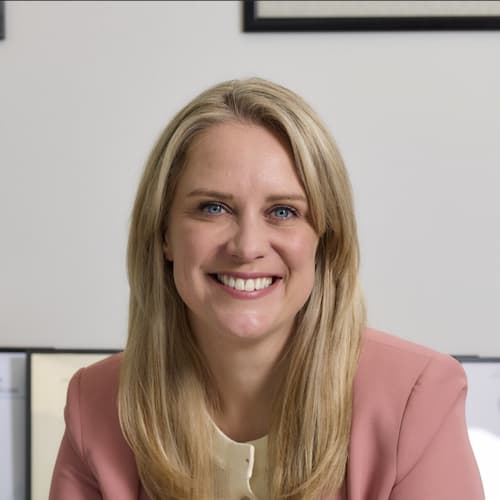

Closing a limited company is a decision that business owners may find themselves contemplating for several reasons, ranging from financial challenges to retirement plans. However, one looming concern for directors is the potential impact on their personal assets, especially the fear of losing their homes. In this article, we will delve into the different scenarios that may lead to the closure of a limited company and examine the implications on directors, focusing on personal liability and director's loans.
Limited companies, despite their legal separation from their directors, are not completely without risks for those at the helm. One key aspect to consider is personal liability. While a limited company structure provides a degree of protection by limiting the liability of directors to the amount of their unpaid shares, there are situations where personal liability can come into play.
If a director is found to be involved in fraudulent or wrongful trading, they may be held personally liable for the company's debts. Wrongful trading occurs when a director continues to trade the business despite knowing it has no reasonable prospect of avoiding insolvency. In such cases, the director may have to contribute to the company's assets, putting personal assets, including homes, at risk.
Additionally, personal guarantees can expose directors to personal liability. These guarantees, often required by lenders or suppliers, mean that directors personally vouch for the company's debts. If the company cannot meet its financial obligations, the director may find themselves personally responsible for settling these debts, potentially putting their home on the line.
Directors should also be cautious about outstanding director's loans when closing a limited company. If the directors owe money to its company, these loans can become a source of contention during the liquidation process. Directors may find themselves in a challenging position, as they could be required to repay these loans, impacting their personal finances.
In conclusion, the closure of a limited company does not automatically result in directors losing their homes, but it does require careful navigation of legal and financial complexities. Understanding the nuances of personal liability, avoiding wrongful trading, and addressing director's loans are vital steps in protecting personal assets. As with any legal and financial matters, seeking professional advice from a firm of licensed insolvency practitioners, like Parker Walsh, is vital.
To safeguard personal assets, directors should remain vigilant about the financial health of their companies. Regularly monitoring the company's financial position, promptly addressing any signs of distress, and seeking professional advice can help mitigate risks associated with personal liability.

I am Molly Monks, a licensed insolvency practitioner at Parker Walsh. I have over 20 years of experience helping directors with the financial struggles they may face. I understand that it can be overwhelming and stressful, so I offer practical straightforward advice, which is also free and confidential. I spend time with directors to get a good understanding of their business and their goals, therefore providing the best tailored advice possible.
Email: molly@parkerwalsh.co.uk
Phone: 0161 546 8143
WhatsApp: 07822 012199
